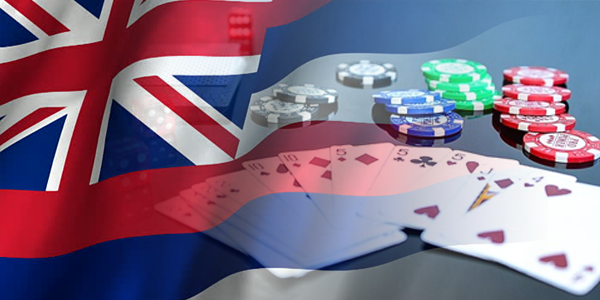Hawaii is one of only a select few states in the US that does not offer casino gaming. In an effort to bring more funding to the state for necessary programs, two new bills have surfaced in the state Senate that would legalize gambling in the region. One was carried over from the 2019 session while another is nely introduced.
Two New Bills
Senate Bill 850 is the one from last year and Senate Bill 2669 is recently introduced in 2020. Both were proposed by Maui Senator Gilbert Keith-Agaran. The bills are co-sponsored by Kona Senator Dru Kanuha.
Both bills are basically identical and would create a Lottery and Gaming Corporation for the state. This group would then be in charge of overseeing the legalize gambling industry. Gambling options would include wagering on games of chance, like card games or the lottery.
Hawaii is the only other state aside from Utah that bans all forms of gambling. All other states in the US offer some type of gambling, be it a state lottery, charitable games, etc. Senator Keith-Agaran stated that it should be remembered that a lot of people in Hawaii are already participating in gambling and the direct flights to Las Vegas from every island should be ‘emblematic of that’.
The Senator has acknowledged that gambling has its pros and cons in a legalized form. Opponents are worried about gambling addiction and the harm that could occur to low-income people of the islands. On the plus side, proponents see the revenue potential that legalized gambling could bring the state.
Senator Keith-Agaran stated that while Hawaii should not rely on the funds from gambling, he is interested to see how funding could be generated for much-needed programs, such as medical services for residents in rural areas.
Distribution of Revenues
According to the new bills, the new Lottery Corporation would use 25% of the gambling revenues to provide for shortfalls within the Department of Education. An additional 20% would go towards DOE capital improvement needs.
Another 20% would go towards capital improvements for the University of Hawaii. A 10% portion would go towards load-repayment programs and scholarship opportunities for medical students who agree to practice medicine in the state for a 10 year time frame.
Yet another 10% would go towards a program for the UH John A. Burns School of Medicine to be used for family practice residency needs. A 15% portion would be divided equally towards programs to reduce problem gambling, administration costs and watershed protection.
The bills are being seen as a way to provide new revenues for programs that are consistently falling short of funding. The two senators supporting these measures are hoping that they will spark the conversation among legislators and more can be learned about the potential benefits of legalized gambling.
It has yet to be seen if the two bills will garner the support needed to move forward or if they will be slowed down as opponents push for no change in the status of gambling in Hawaii.




